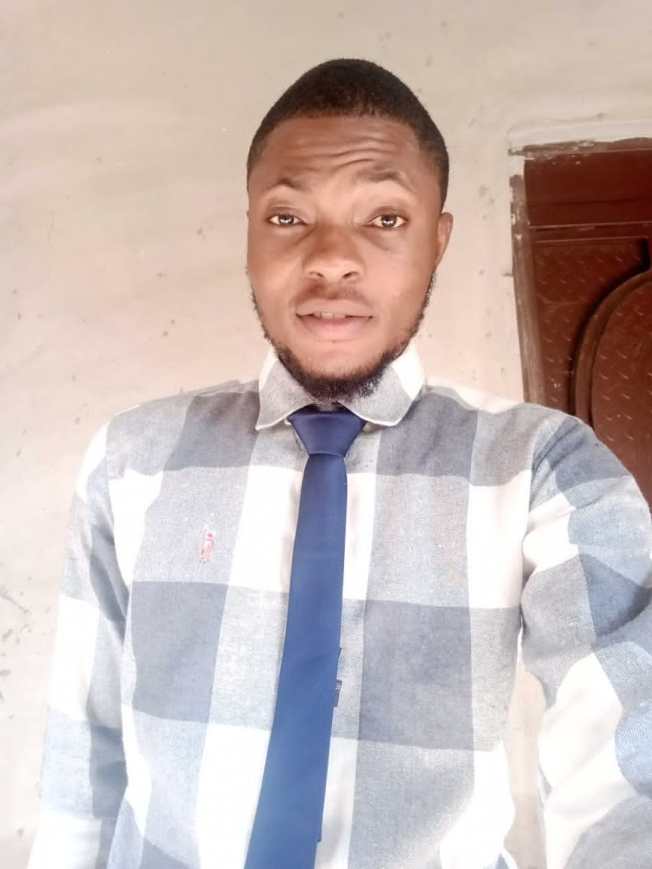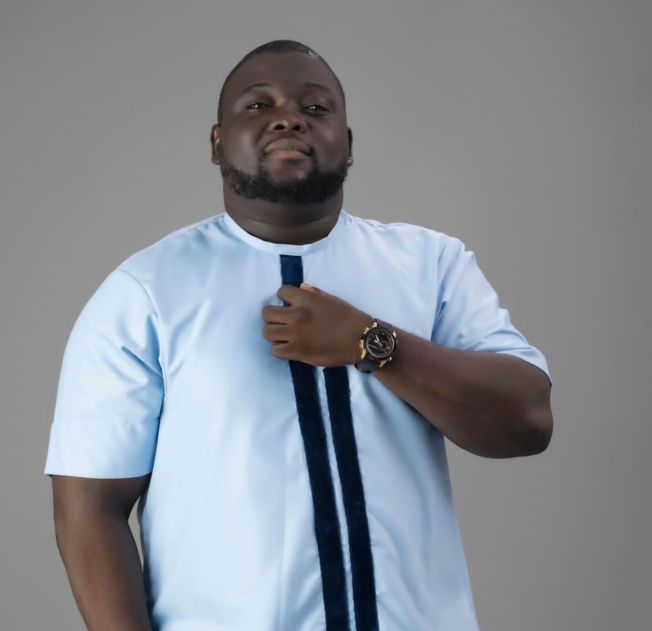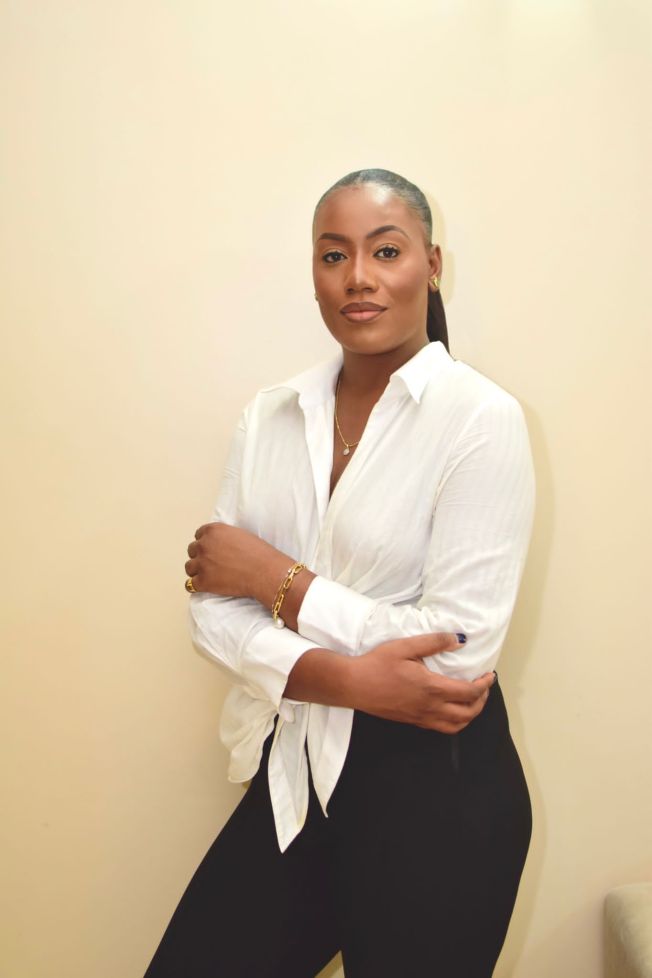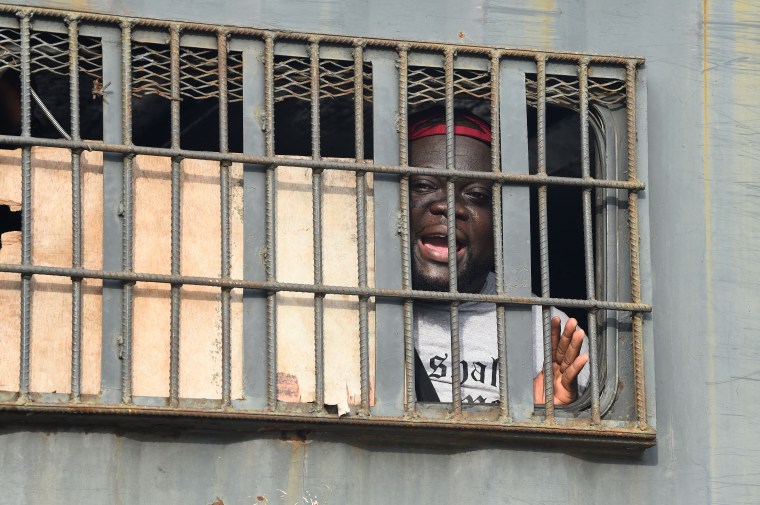Abuja, Nigeria, November 1, 2021 — Authorities in Nigeria must prioritize the safety of journalists covering protests and hold officers responsible for abuses accountable, the Committee to Protect Journalists said today.
On October 20, in three separate incidents, police officers arrested, harassed, or beat up three journalists–Sikiru Obarayese, Abisola Alawode, and Adefemi Akinsanya—as they covered memorials marking the one-year anniversary of killings at the Lekki Toll Gate in Lagos, Nigeria’s largest city, the journalists told CPJ by phone.
On October 20, 2020, Nigerian security forces shot and killed protesters at the Lekki Toll Gate during protests calling for an end to police brutality across Nigeria, according to a report by privately owned Premium Times online newspaper.
“Police attacks on journalists covering protests are unfortunately not novel in Nigeria and are among the dangers the press in the country face on a daily basis,” said Muthoki Mumo, CPJ’s sub-Saharan Africa representative, from Nairobi. “Nigerian authorities should hold accountable the officers responsible for harassing and attacking the media to send a signal that such behavior will not be tolerated.”

Around 1 p.m. on October 20, police instructed Obarayese, a reporter with the privately owned Daily Post newspaper, to leave the memorial demonstration moving through Oshogbo, the capital of Nigeria’s southwestern Osun state, the journalist told CPJ. Initially, Obarayese refused, but when he finished his filming and began to leave, an officer pushed him from behind and asked what he was doing. Obarayese said he asked to stop being harassed, and a Divisional Police Officer ordered the journalist be taken to a nearby police van, where at least six other officers beat him with their hands and guns as they forced him into the vehicle. The officers took his eyeglasses and Bluetooth headphones but allowed him to keep his phone as they drove him to the local Dugbe police station, Obarayese told CPJ.
At the station, Obarayese was punched repeatedly in the face by an officer, and other officers threatened to kill him if he did not cooperate, but the journalist told CPJ it was unclear what the officers wanted him to do, according to Obarayese and a Daily Post report.
From the station, Obarayese was taken to a nearby magistrate court and charged with “breach of peace for videoing the Divisional Police Officer,” according to the journalist and a copy of the handwritten charge sheets reviewed by CPJ. However, Obarayese said the police withdrew the charges and he was released without his glasses which, as of October 26, have not been returned.
The Osun state police spokesperson, Yemisi Opalola, told CPJ that police officers did not assault Obarayese, but that she intervened when she heard about the journalist’s arrest and subsequent charge.

In an incident in Lagos, Alawode, a video editor and digital producer with the privately owned Legit news website, told CPJ that he arrived at the Lekki Toll Gate at 7:30 a.m. and about 30 minutes later, he began filming police arresting a lone protestor. As he filmed, other officers asked that he and other reporters in the area show their press identification cards.
According to Alawode and a report by Legit, attempts by the journalist to identify himself with his official business card and driver’s license were not accepted by the police and officers dragged Alawode by his trousers to a nearby police van.
Inside the van, at least two officers repeatedly hit Alawode in the face and across his body and only stopped after the journalist repeatedly told them that he was a reporter and showed them his business card, Alawode said. Officers then drove Alawode to a police station, where he was detained for over five hours. The journalist said he was released after officers made him speak on phone to the Lagos state police commissioner, Hakeen Odumosu, who apologized for the police officers’ conduct.
Officers returned Alawode’s phone without any indication that they accessed it, he told CPJ. CPJ has previously documented Nigerian security forces’ efforts to use digital forensic technology to access journalists’ devices.

In a separate incident at the Lekki Toll Gate, a group of officers tried to seize a drone that was being used to film the protest by Arise TV, a privately owned station, by pulling and dragging Akinsanya, a broadcast correspondent, from various sides, according to Akinsanya and her Arise broadcast report. Ultimately, the officers were unsuccessful, Akinsanya told CPJ.
Odumosu also apologized for the officers’ conduct with the Arise crew and promised to ensure the officers were held accountable, according to the same broadcast report.
As of October 29, Akinsanya told CPJ that she has not heard from the police on what was being done to hold the officers responsible.
Adekunle Ajisebutu, the police spokesperson for Lagos state, told CPJ via messaging app on October 26 to contact Odumosu since he had personally spoken about the matter. CPJ called and texted Odumosu but did not receive a response.
